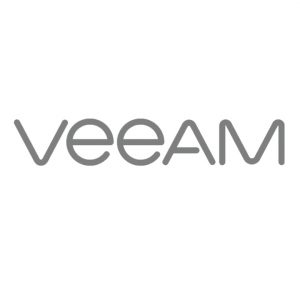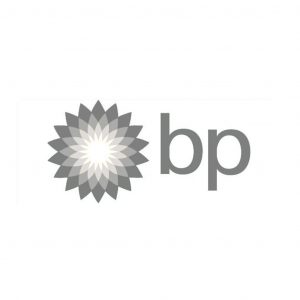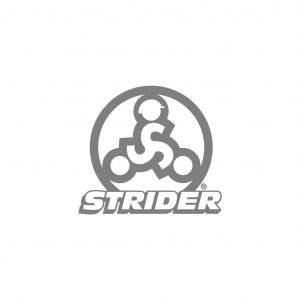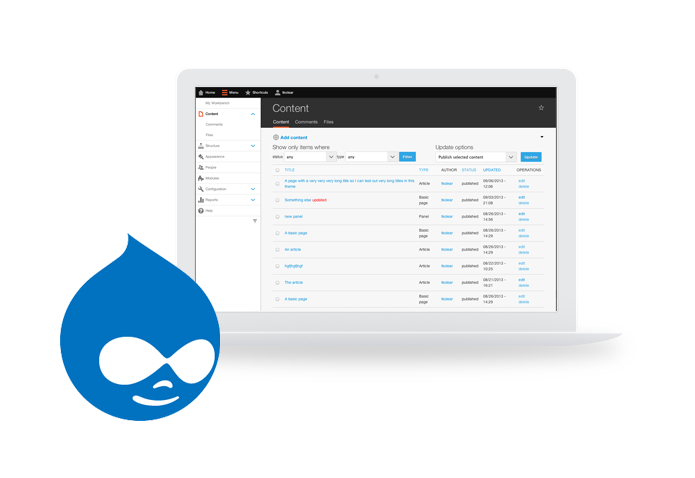Drupal web design agency
We create beautiful and powerful Drupal websites in Central London
Our team of talented Drupal designers and developers have been designing and building beautiful, engaging Drupal website designs for over 10 years.
Murray Edwards College
MintTwist were contracted to support and grow two of the colleges websites in Drupal and WordPress.
Drupal Agency London
Drupal as a popular modern CMS has been a staple of web development at MintTwist for over half a decade now. While WordPress and other CMS’ have their popularity spikes, often there is a preference for, a requirement to use or an existing system already built with Drupal. We support older versions of Drupal, are preparing in advance for new upcoming versions and can help you decide which CMS or version is best for you.
Drupal succeeds at an enterprise level where other CMS’s can struggle because of the complexity and options regarding content authoring, user access and rights management which far exceeds that of other comparable CMS’s, making Drupal the ideal choice in situations that require a high level of control and management.
• Massive and strong online support community
• Promising new road-map with new versions coming soon
• Comprehensive enterprise level functionality
• Flexible and scalable via module utilisation








Ready to talk about your Drupal website project?
Give us some details about you and your project, and we’ll be in touch.
The current state of Drupal
Like most CMS’s, Drupal has versioning numbers that can be complex, but there are three main versions of Drupal to talk about. Drupal 6 and below are all now in end-of-life, which means while they can be supported by MintTwist, they no longer receive core updates from Drupal. This means that these older versions could potentially see more security and support issues as time goes on.
Drupal 7, which was first released in 2011, is approaching its end-of-life. It will no longer receive official support from the Drupal community after November 2022. Drupal 8, which was released in 2015, will reach its end-of-life in November 2025. Currently, Drupal 7 still has a significant number of websites running on it, with estimates ranging from 150,000 to 200,000 sites. Meanwhile, Drupal 8 has approximately 70,000 websites using it. As for Drupal 9, it is estimated to have about 10,000 websites currently running on it, but this number is expected to grow in the coming years as more website owners migrate from older versions.
Drupal 9 features significant improvements over its predecessor, Drupal 8, including better performance, enhanced security features, and easier updates. The migration from Drupal 8 to Drupal 9 is relatively straightforward, which has encouraged many website owners to make the switch.
Drupal 10 is built on top of the same technology stack as Drupal 9, which makes the migration process much easier for existing Drupal 9 users. Drupal continues to evolve and improve, and the community is dedicated to ensuring that it remains a powerful and flexible option for website owners of all sizes and types.
Who uses Drupal?
Drupal is a very popular CMS for massive brands that need the enterprise level solution that Drupal can provide.

How can we help you?
Whether you need a designer to give you a fresh look and optimise your site, or a developer to create a custom theme, new functionality or moduiles, our agency in London has a team of Drupal designers and developers with years of Drupal CMS experience.
Web Design
Whether it’s a full website design or a marketing microsite, our experts are ready to help.
Ecommerce Websites
Development for new to established brands. We know what your target audience wants to see.
User Experience
Great user experiences improve your customer satisfaction, which is the centre of all we do.
Umbraco Websites
Building websites with Umbraco for over 10 years.

The team at MintTwist were able to take over the the website and get to grips with our needs very quickly. We were finally able to power through the backlog of issues and start to develop a roadmap for the next 12 months. It’s been a breath of fresh air.
Clare Stroud
Head of Communications at Murray Edwards CollegeDrupal website design FAQs
What are the benefits of using Drupal?
Drupal offers a range of benefits, including a flexible and customizable platform, strong content management features, and a large and active community of developers and users.
How is Drupal licensed and priced?
Drupal is open-source and free to use, although there may be costs associated with hosting, customization, and third-party integrations.
How customizable is Drupal?
Drupal is highly customizable, with a range of modules, extensions, and themes that enable businesses to extend the platform’s functionality and create a unique online presence.
What kind of integrations does Drupal support?
Drupal supports a range of integrations with other systems and platforms, such as CRMs, ERPs, and marketing automation tools, through APIs and extensions.
What kind of security features does Drupal offer?
Drupal offers a range of security features, including role-based access controls, encryption, and user authentication, as well as compliance with GDPR and other data privacy regulations.
How does Drupal handle content management and user management?
Drupal offers advanced content management and user management features, including support for multiple languages, user roles, and permissions.
How does Drupal compare to other CMS platforms?
Drupal is widely regarded as a flexible and customizable CMS platform with strong content and user management features. However, its suitability for a specific website project may depend on the specific needs and requirements of the business, and may require additional customization and development.


